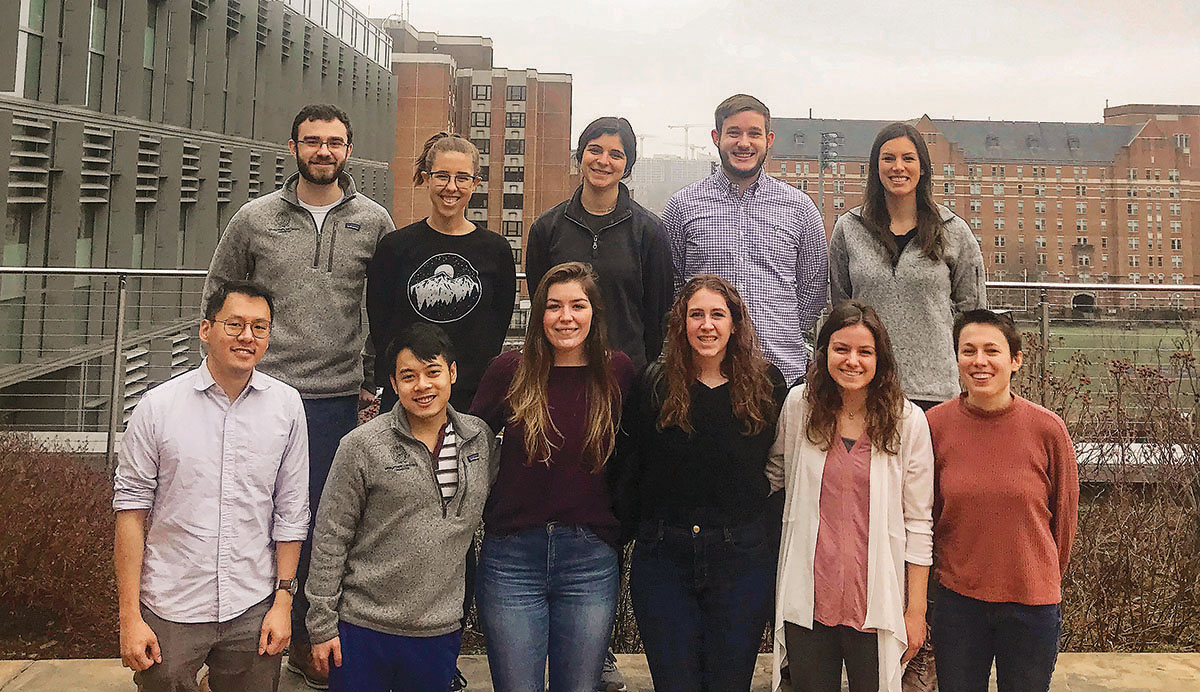Advertisement
Grab your lab coat. Let's get started
Welcome!
Welcome!
Create an account below to get 6 C&EN articles per month, receive newsletters and more - all free.
It seems this is your first time logging in online. Please enter the following information to continue.
As an ACS member you automatically get access to this site. All we need is few more details to create your reading experience.
Not you? Sign in with a different account.
Not you? Sign in with a different account.
ERROR 1
ERROR 1
ERROR 2
ERROR 2
ERROR 2
ERROR 2
ERROR 2
Password and Confirm password must match.
If you have an ACS member number, please enter it here so we can link this account to your membership. (optional)
ERROR 2
ACS values your privacy. By submitting your information, you are gaining access to C&EN and subscribing to our weekly newsletter. We use the information you provide to make your reading experience better, and we will never sell your data to third party members.
Programs
ACS receives $2.3 million grant to help make graduate education more inclusive
by Linda Wang
October 20, 2018
| A version of this story appeared in
Volume 96, Issue 42
The American Chemical Society has been awarded a $2.3 million grant over five years from the National Science Foundation as part of an alliance of scientific societies to increase the participation of women and underrepresented minorities in graduate education in the physical sciences.
The Inclusive Graduate Education Network is a five-year, $10 million grant led by the American Physical Society (APS). “We realized that this transition between undergraduate and graduate school was a particularly problematic one and that we were losing almost a factor of two of these minority students who are getting bachelor’s degrees but not going on and getting Ph.D.s,” says Ted Hodapp of APS, who is overseeing the APS Bridge Program, which has shown success in bridging the gap in the field of physics.
ACS, the American Geophysical Union, the American Astronomical Society, and the Materials Research Society are now joining forces with APS to apply the APS Bridge Program model to their respective disciplines.
“The goal of the collaborative project is to change the culture in graduate school admissions,” says ACS’s Joerg Schlatterer, who is project director of the ACS Bridge Program on the ACS grant. “We want graduate school applications to be reviewed holistically and to provide an equal playing field to individuals coming with different experiences and backgrounds to the doors of graduate school.”
“Being part of the NSF grant connects us with a national network of other organizations and universities who are looking to diversify STEM,” says ACS’s LaTrease Garrison, a co-principal investigator on the project.
The program works through the establishment of bridge sites, which are participating institutions that help prepare underrepresented students for the transition from undergraduate to graduate education. The ACS Bridge Program will provide students in the chemical sciences with academic support and other resources they will need to be successful in graduate school, as well as support to attend scientific conferences like the ACS national meeting and the annual meeting of the National Organization for the Professional Advancement of Black Chemists & Chemical Engineers. ACS plans to establish bridge sites at five academic institutions.
“Our hope is that if we can show that this works in these other disciplinary societies, then we think this is a model that can be expanded basically to any discipline that has a disparity, and all of the science disciplines do,” Hodapp says.
For more information, visit www.acs.org/bridge or email bridge@acs.org.



Join the conversation
Contact the reporter
Submit a Letter to the Editor for publication
Engage with us on Twitter